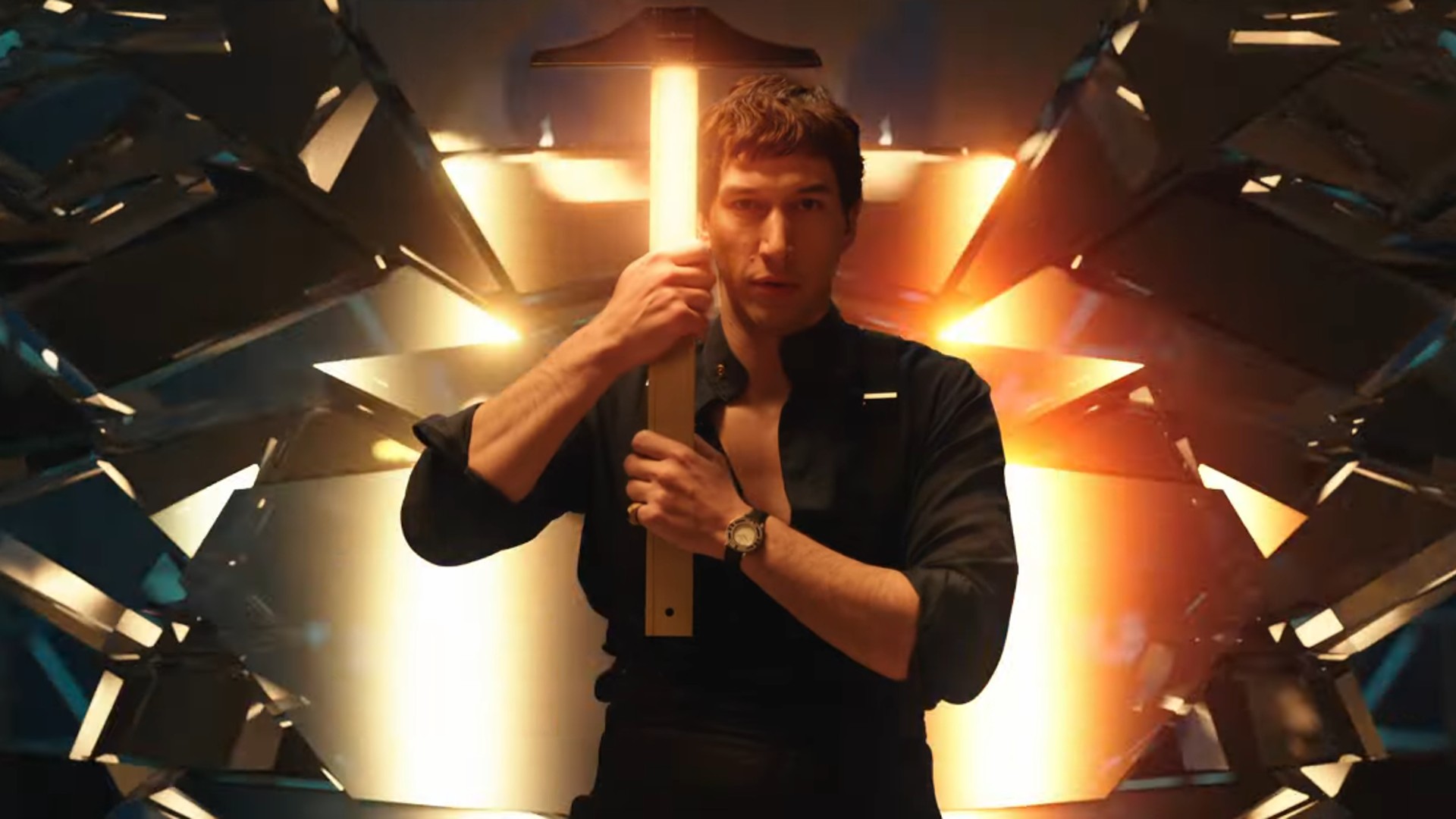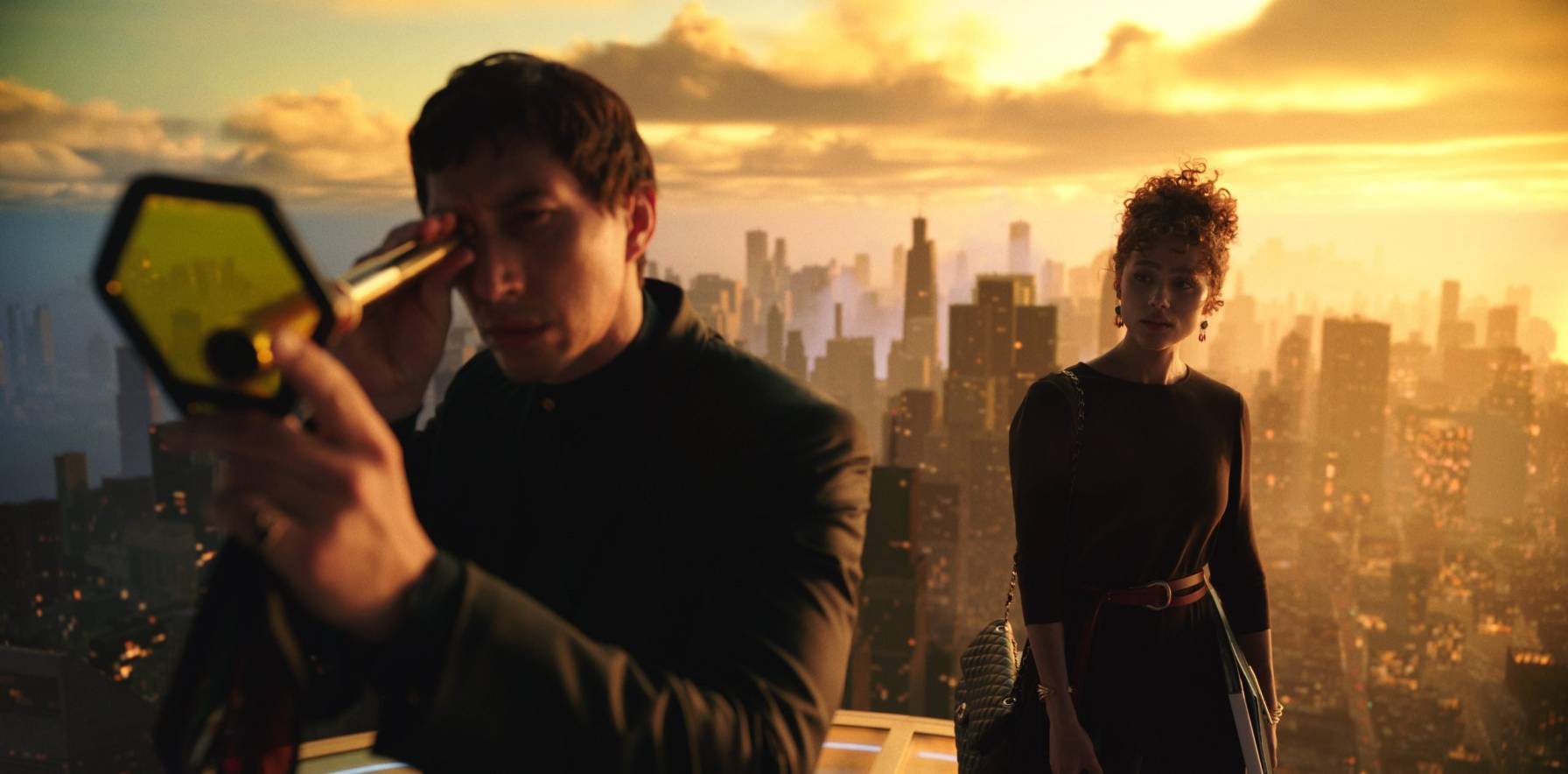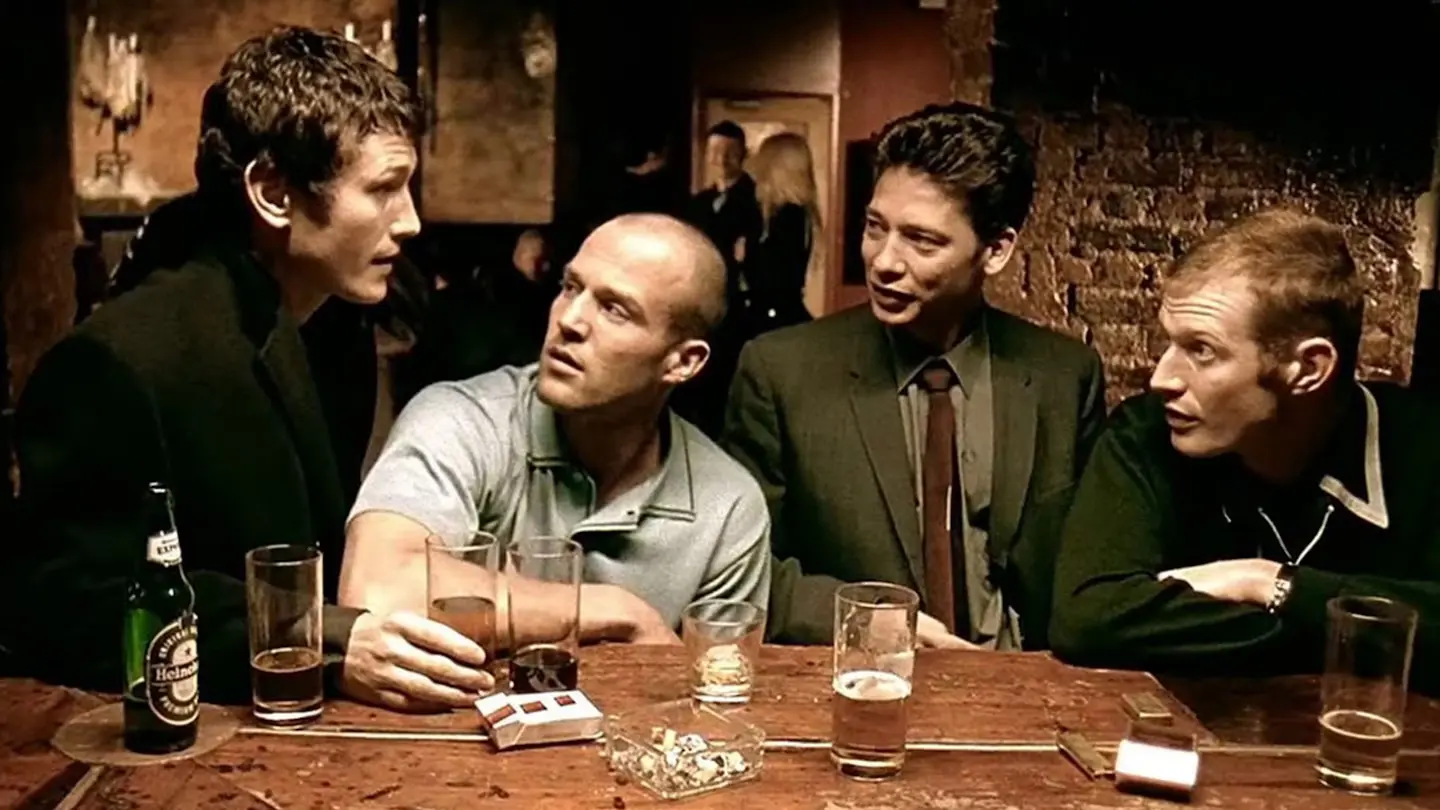Architects, artists, and politicians compete for the soul of "New Rome," a metropolis modeled after New York, in a different future America.
Francis Ford Coppola has always had good fortune with time. The renowned director is no stranger to big, cumbersome, outrageously costly movies that were initially panned but eventually became classics. Will his massive, self-funded, multi-decade passion project Megalopolis go the way of Apocalypse Now and The Godfather, or will it go a different route entirely? Time will tell. Undoubtedly, watching this movie will take some time to fully process.
Coppola has drawn comparisons between the movie and James Joyce's Ulysses, stating that both films retell old myths in a contemporary urban setting. It is also immensely ambitious, philosophically audacious, usually enigmatic, constantly fascinating, and endlessly frustrating—just like Ulysses. It's a "fable" about empire collapse, comparisons between contemporary America and classical Rome, corruption and power, art and creativity, and the brutality of development contrasted with the cruelty of the status quo. In the end, it's a $120 million town planning movie.

Adam Driver portrays Cesar Catilina, a quick-witted and intelligent architect who is driven to reconstruct New Rome using his mystical new element Megalon, which resembles unobtanium. Julia (Nathalie Emmanuel) becomes his muse, while her father, Mayor Franklyn Cicero (Giancarlo Esposito), becomes his competition. The opening shot of Driver is mind-blowing, showing him towering over a cityscape reminiscent of Metropolis and defying both God and the laws of physics. Afterwards, he experiences a wild, bacchanalian hallucination reminiscent of Baz Luhrmann. At other moments, Coppola's camera is more direct: there is film from September 11th; an Elvis lookalike sings "America the Beautiful"; a monument of Lady Justice practically collapses from tiredness. Here, subtext gives way to text, subtlety be damned.
Coppola throws something incredibly bizarre back at you just when you think you have it all figured out. Driver frequently breaks into authentic soliloquies from Shakespeare. There is a weirdly eerie side story about a "virgin pledge." Playing a Donald Trump Jr. avatar without eyebrows is Shia LaBeouf. After making an appearance for five minutes, Dustin Hoffman's death is revealed in a flashback. "Auntie Wow" is a character that Aubrey Plaza portrays. It looks like Jon Voight gets an erection.
It does not, however, lack ideas. The movie is so overflowing with themes that it moans beneath them. Dystopia and utopia coexist in the same area. Furthermore, there are evident conscious and unconscious similarities between Coppola's protagonist and himself. Cesar is a polymath, a genius plagued by hubris but nevertheless propelled by an aspirational goal. This might be Coppola's last movie at the age of 85, the swan song of an illustrious career. The fact that he appears to be more motivated than before is astounding. At the end of the movie, Cesar laments, "There's still so much to accomplish." Is there time, though? As always, only time will tell. You may also read this: Rebuilding Rome for "Gladiator II," Ridley Scott

It does not, however, lack ideas. The movie is so overflowing with themes that it moans beneath them. Dystopia and utopia coexist in the same area. Furthermore, there are evident conscious and unconscious similarities between Coppola's protagonist and himself. Cesar is a polymath, a genius plagued by hubris but nevertheless propelled by an aspirational goal. This might be Coppola's last movie at the age of 85, the swan song of an illustrious career. The fact that he appears to be more motivated than before is astounding. At the end of the movie, Cesar laments, "There's still so much to accomplish." Is there time, though? As always, only time will tell.












